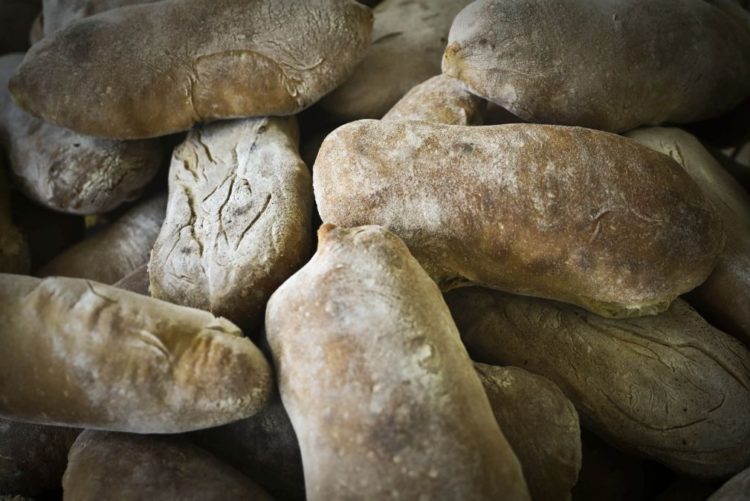Mozambique: Beware of dubious job offers on social media - Cabo Delgado governor
Rising bread prices force Maputo families to seek alternatives

Lusa (File photo)
At the entrance to Maputo’s famous Xiquelene market, 48-year-old Albertina Felisberto counts “the few coins” she has in her purse to buy bread, and complains to Lusa that another price hike will “tighten the lives out of all Mozambicans”.
One month after the end of state subsidies for bread production, the price of bread in Maputo went up from seven meticais (0.10 cents) to ten meticais (0.14 cents), an increase that led poorer families like Albertina’s to resort to other foods for breakfast – for many, often the only meal of the day.
“With the bread at this price and with things as complicated as they are, for breakfast I will have to resort to cassava, although it is also expensive. And now breakfast will be our only meal of the day,” she said.
Albertina lives with her three children in Polana Caniço, right at the entrance to the Xiquelene market, on what was once considered the outskirts of Maputo. A seamstress for more than ten years, she survives on what “the profession can give”.
Now, with the rise in the price of commodities such as bread, things are getting complicated, as it is also from sewing that she must pay for the children to go to school.
“There are four people in my house, which means that I need at least 30 meticais (0.43 cents) a day just to buy three loaves of bread,” she says.
The same price increase trend was verified by Lusa in other parts of the capital, and affecting vendors too, who complain of a decline in customers since the new prices were instituted.
“I do not know what to buy,” said Mário Altino, a young informal bread vendor in Maputo’s Laulane market. Lack of customers in recent days has forced him to go door to door to sell his product.
“It takes a lot of logistics to sell like that, but I have to do it, I have a young daughter and a wife who depend on me,” he said.
The president of the Mozambican Bakers Association, Vítor Miguel, told Lusa that rises in the price of bread were inevitable, but that it was still too soon to draw conclusions.
“We are evaluating measures that have been taken recently. We need more time to see what will really come out of this,” he commented.
The Mozambican government has decided to end subsidies on bread and fuel, with the executive announcing on March 31 the end of support for flour mills, claiming that the subsidy did not have a major impact on the consumer price, since the subsidized bakeries sold bread at a price very close to those that did not receive support.
The end of the subsidy was also justified by the recovery of the metical against the dollar, the fall in the price of wheat in the international market and the cost of the subsidy to the public treasury.












Leave a Reply
Be the First to Comment!
You must be logged in to post a comment.
You must be logged in to post a comment.